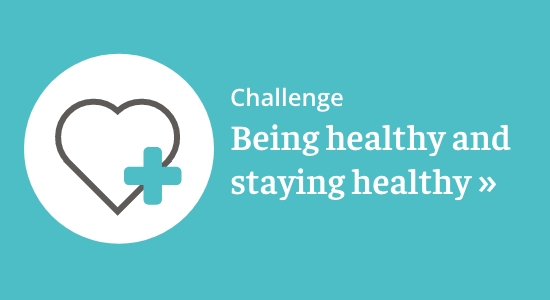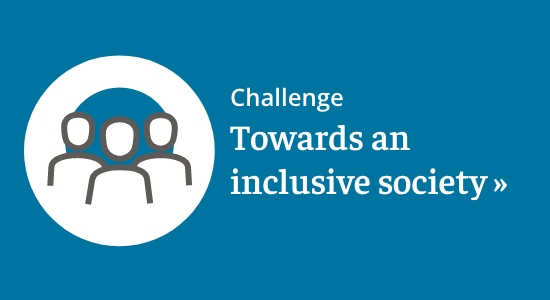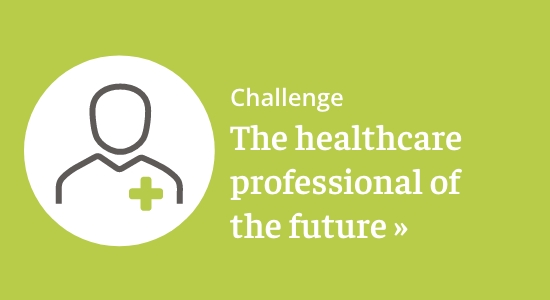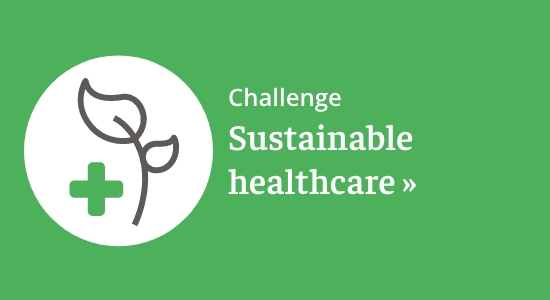Our experts help to improve healthcare and social services through high-quality research, data analysis, knowledge development and advice.
 What does Nivel do?
What does Nivel do?
Nivel’s research into subjects such as digital healthcare and collaboration in primary healthcare enhances our understanding of how healthcare can be organised more efficiently. By analysing the impact of eHealth and regional learning networks, it supports strategic decision-making in healthcare. The uptake, accessibility and affordability of healthcare are also studied in order to provide insight into the accessibility of care and how it is impacted by policy.
 What questions about sustainable healthcare can Nivel help you with?
What questions about sustainable healthcare can Nivel help you with?
Nivel studies which arrangements and organisational structures are most appropriate in certain circumstances. We also explore what incentives are needed to prompt the public, patients, clients, professionals, healthcare organisations, health insurance companies and policymakers to contribute to a future-ready healthcare system. In terms of sustainability, Nivel researches ways of cutting waste, the behavioural and systemic changes needed, and ways of identifying appropriate care.
We address research questions such as:
- To what extent does avoidance of healthcare lead to higher healthcare costs, and reduced accessibility and affordability?
- To what extent are the public insured against unexpected healthcare costs?
- To what extent has the commercialisation of healthcare impacted its quality and accessibility? What business models have contributed to this?
- To what extent does the public have a say on government policy?
- What is the best way of enhancing the accessibility of primary healthcare using eHealth applications?
- To what extent does digital healthcare enhance self-reliance? When is it feasible, and under what conditions does it work, or fail?
- How can regional learning networks help keep healthcare accessible and affordable?
 Take a look at our research content concerning the challenge
Take a look at our research content concerning the challenge
The relevant research information and results on these three subjects, you will find in at the sections Publications, Projects, News, etc. on this webpage.
Want to know more about another societal challenge? Click on its label.


 What does Nivel do?
What does Nivel do? What questions about sustainable healthcare can Nivel help you with?
What questions about sustainable healthcare can Nivel help you with?





